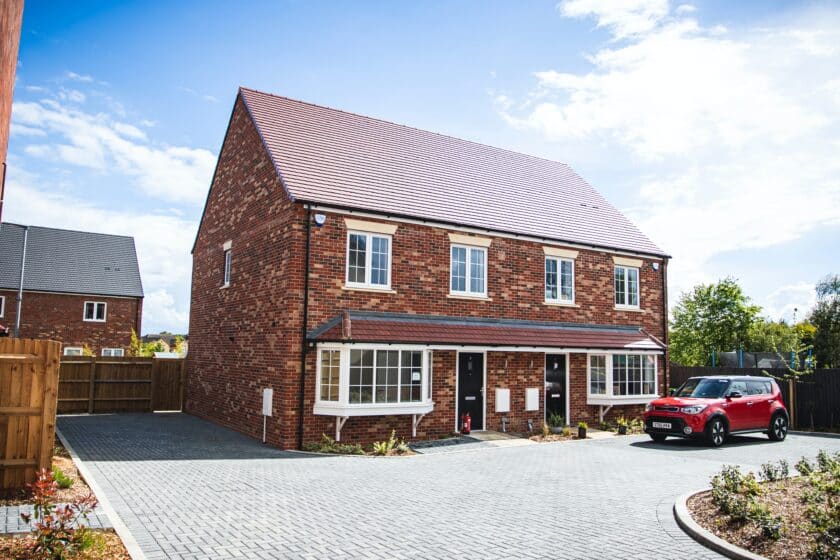The price of the average home could cover just seven years of care in a residential home, new analysis by Just Group has revealed.
And with care costs increasing and outstripping property price rises, the number of years covered is gradually reducing, according to the retirement specialist, and risks undermining the plans of people planning to self-fund their care by selling their homes.
Average house prices in England have risen by around 12% since 2020/21 to more than £300,000. In contrast, the weekly cost of care in a residential home has risen by about 20% to £816 a week in the same time period.
Care cost increases have outstripped house price rises across all parts of England, particularly in London where average home prices have risen just 3% compared to care cost rises of 17%. However, there is a North-South divide, with the average home in the North East providing around four years of residential care, while in London this figure jumps to nearly 11 years.
Stephen Lowe, group communications director at Just Group, said: “The home is often the most valuable asset which, under current rules, makes it a major source of finance for people funding their own care.
“Research for our annual Care Report found homeowners aged 45 plus were more likely to see selling their home as a source of funding than any other option such as pensions, investments or the State. That makes average house value compared to care cost an interesting metric to track.”
Just Group said currently about half of care home residents pay all their own fees and a significant amount of funding is sourced from people selling their homes when they go into a care home.
Under the current means-tested social care system, those with assets of more than £23,250 have to pay for their own care and will include their residence unless it is still being lived in by someone such as a spouse.
Lowe added: “Most people haven’t made alternative plans for paying for care. Reforms that might have helped to protect the value of the home have been delayed and may never be implemented. That means the onus remains on people to find the funds where they can, which is often the home.
“The care sector is facing huge funding pressures and, as we head towards a General Election, voters should look at what answers the politicians are suggesting. People need certainty so they can stop fearing the future and start planning for it.”































